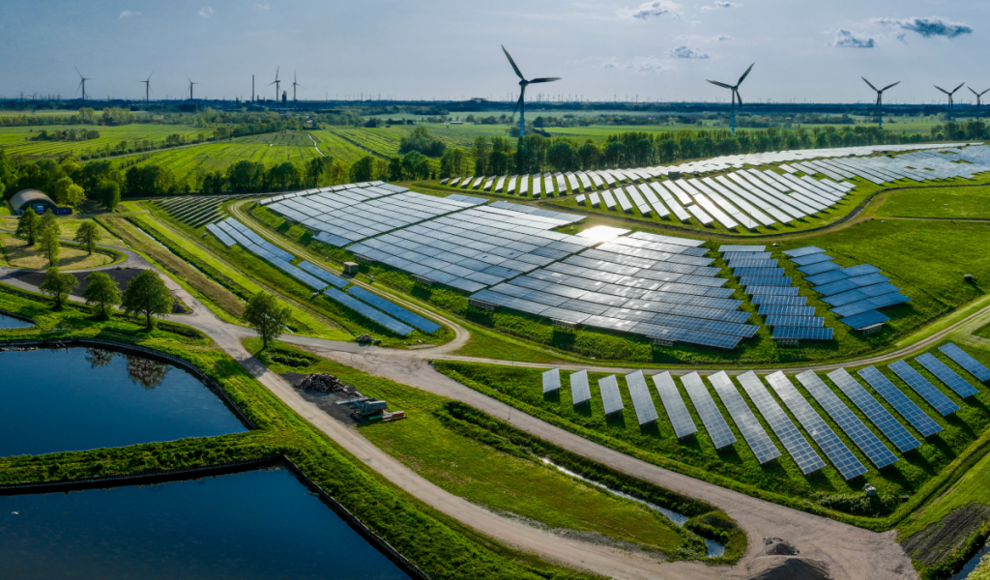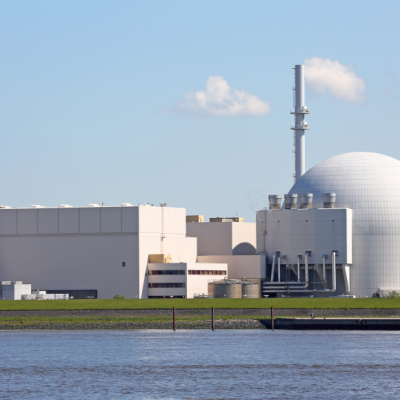Germany recently shut down its last nuclear power plants, and a recent study from the Technical University of Berlin (TU Berlin) has shown that investing in wind, water, and solar energy is more economically viable than nuclear power. The increasing use of renewable energy sources is expected to lead to lower electricity prices in the medium and long term. Experts, including Bundestag Vice President Katrin Göring-Eckardt and Fabian Huneke, a power market expert from the think tank Agora Energiewende, agree that the growing share of renewable energy in Germany’s electricity production will lead to lower prices. Huneke notes that the effects of the energy transition are already visible in the electricity market, with prices for future deliveries significantly lower due to the influence of renewable energy.
The elimination of the so-called green energy surcharge (EEG surcharge) last year has also had a positive impact on electricity prices. However, rising network fees for regional power distribution networks are expected to lead to price increases. These fees, which are strictly regulated by network operators, are passed on to consumers through their electricity bills. The electrification of transportation and heating, as well as the increasing use of decentralized solar and wind power generation, require a robust infrastructure that will require significant investment in network expansion.
A recent study by the International Energy Agency (IEA) has also highlighted the need for significant investment in network expansion to meet the growing energy demand from electric vehicles and heat pumps. While the shift to renewable energy sources is expected to lead to lower electricity prices in the long term, the transition will require significant investment in infrastructure to ensure a reliable and affordable energy supply.










